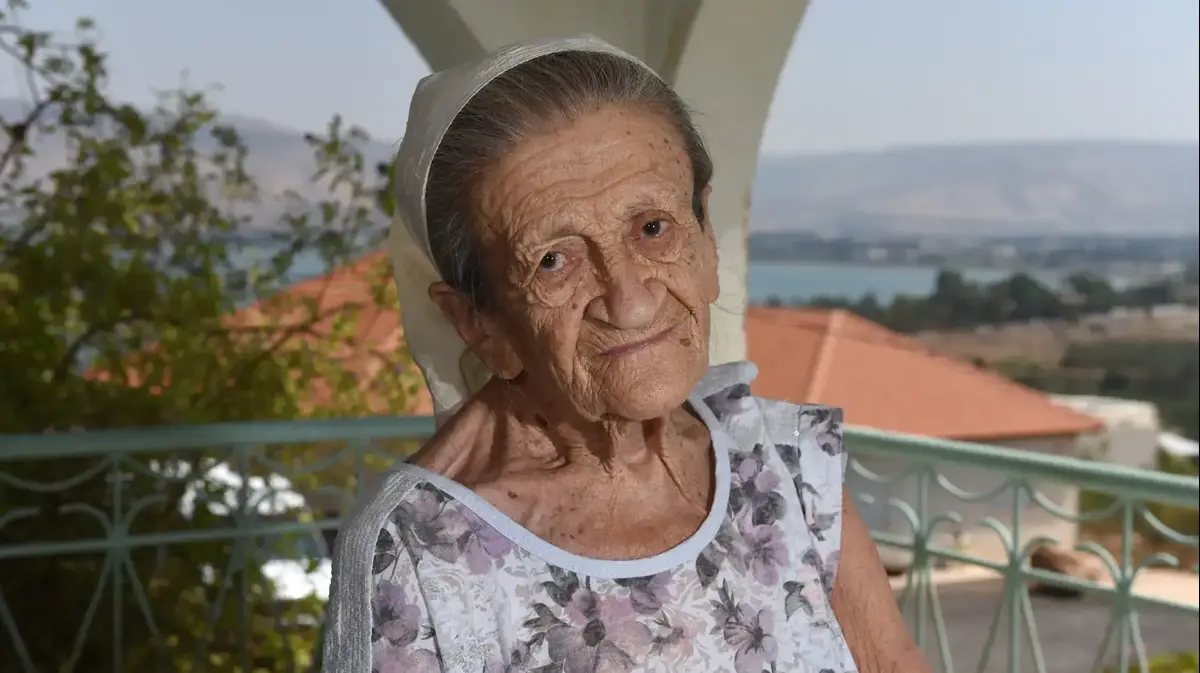Enlarge image
Hobby drones undesirable: some defend themselves with air rifles
Photo: Thomas Kuhlenbeck
Drones take pictures from the air with little effort.
However, they harbor a high potential for abuse because they effortlessly climb over fences, hedges and other facilities that people use to protect their privacy from prying eyes.
There have already been a number of incidents in which drone pilots have repeatedly bothered neighbors with their flight model or spied on them via the built-in camera.
What rights do those affected have against an illegal and reckless drone pilot?
To clarify this, it helps to look at the different case constellations that German courts had to deal with.
Over the garden fence
In 2015, for example, the Potsdam district court had to deal with a case in which a woman was lying on a sun lounger in her partner’s garden in sunny weather and suddenly noticed the whirring engine noise of a drone that was hovering just a few meters above her sun lounger.
The woman then went to the street in front of the house, where she met three men, one of whom was handling a remote control - the neighbor of the partner.
When asked, the owner of the drone revealed that it was equipped with a camera.
The property owner then asked the neighbor, with the help of a lawyer, to cease and desist and to submit a cease-and-desist declaration with a penalty.
The drone pilot denied both and claimed that it was not his drone because he always kept a sufficient distance from neighboring properties.
A lawsuit was brought before the district court in Potsdam (judgment of April 16, 2015, file no.: 37 C 454/13).
The District Court upheld the lawsuit in its entirety.
According to the court, the drone was controlled by the defendant while producing images in real-time transmission over the plaintiff's property.
This violated the general personality rights of the plaintiff and his partner.
The general right of personality includes, among other things, the right to privacy.
Accordingly, the property owner has the right to a highly personal retreat.
An observation of this highly personal area - no matter in which way - violates the personal rights of the observed persons.
It is true that the hobby pilot is fundamentally authorized to carry out his hobby on the basis of the general freedom of action protected by fundamental rights.
However, according to the court, in this constellation the interest of the pilot takes second place to the interest of the residents in privacy.
This is the case if only because there are enough public spaces over which the drone could be flown without infringing on the rights of third parties.
Due to the violation of rights, the plaintiff was awarded an injunctive relief.
In addition, the defendant had to bear the plaintiff's out-of-court attorney's fees for the injunctive relief in addition to the entire procedural costs.
Fire-free!
A man who had to answer for himself in criminal proceedings before the Riesa District Court resorted to more drastic means of defense (judgment of April 24, 2019, Az.: 9 Cs 926 Js 3044/19).
He quickly shot down a drone hovering over his property with an airgun.
The drone, worth around 1500 euros, fell on a garage roof and was completely destroyed.
The owner of the drone and neighbor of the shooter, who did not pilot the drone himself but had let a friend do the driving, did not want to let the destruction sit on him.
He filed a criminal complaint for damage to property and at the same time sued the shooter for damages.
The court acquitted the shooter and dismissed the civil suit.
During the main hearing, it was established that the defendant's two young daughters were in the garden of the property at the time of the overflight.
In the meantime, the defendant's wife also left the house to take away the household waste and was followed by the drone.
The shooter did not want to accept the feared video recordings of his family.
After unsuccessfully trying to drive the pilot away by shouting loudly, he got his airgun and shot the drone out of the sky with two well-aimed shots.
He couldn't tell who was piloting the drone.
The court found the defendant's defense to be justified.
The emergency paragraph § 228 BGB is decisive.
Accordingly, someone else's property may be damaged or destroyed if this serves to avert an impending danger to oneself or another, the damage or destruction is the mildest tangible means and the damage is not disproportionate to the danger.
According to the court, the danger lay in the violation of the general right of personality in the form of the right to privacy and the violation of the right to one's own image, which had already occurred, whereby several family members on the property of the shooter were affected.
Criminal liability of the long-distance pilot
Added to this was the fact that the drone pilot made himself liable to prosecution by recording the persons in accordance with Section 201a of the Criminal Code.
According to this, unwanted recordings of a person are punishable if this person is in an apartment or a room that is particularly protected against insight and is thus impaired in the highly personal area of life.
A garden that is protected from view by high hedges, as in this case, is one of these particularly protected rooms.
It does not necessarily have to be storage of the image recordings.
It is sufficient that these are broadcast live.
more on the subject
Flight tips and a guide through the jungle of regulations: How to become a drone pilotBy Torsten Kleinz
The court did not see any milder, equally suitable means for the shooter: he could not find the pilot.
Recordings made could not have been destroyed if the pilot fled.
The use of a garden hose would probably have destroyed the drone as well, so it would not have been a milder method.
The court also held that the fact that the drone was always at a height of five to 15 meters did not allow for less severe measures.
In particular, the shooter did not have to limit himself to simply escaping into his own house.
In the opinion of the court, the damage of 1500 euros suffered by the owner of the drone is also secondary to the violations of rights to the detriment of the shooter and the other family members within the proportionality test to be carried out.
The defendant and his family clearly wanted to protect themselves against views from outside by enclosing the property, so that they would not have to accept an intrusion into such a private area of life.
The shooter was able to leave the courtroom unpunished, and the civil claim for damages was also dismissed.
The drone owner had to pay for his own damage.
No free pass
Nevertheless, this judgment does not issue a license to shoot down drones, because the following strict requirements must all be met:
There must be a violation of the law against the person who is shooting or persons close to him.
In the case of drones, it will regularly be a violation of general personal rights.
In the case of properties that are visible from the public space, however, it should be difficult to argue.
A milder means of defense must not be available or not promise the same success as shooting down.
A milder measure would be to call the police.
However, due to the time it takes the police to get there, it is often not an equally promising method.
Because the drone pilot is able to escape at any time and within a very short time, so that he is no longer tangible and it would be impossible to assert his own claim.
The damage must not be disproportionate to the impending danger.
The encroachment on the general right of personality through unwanted recordings on one's own property represents a comparatively serious danger. It is not without reason that such recordings are also punishable.
In the present case, there was an additional complication that small children were also staying on the property and it was to be feared that they would be photographed.
In such cases, the value of the drone takes second place to the danger to the legal interests of the persons affected.
In addition to the violations of rights already mentioned, unauthorized recordings of people also always constitute a violation of the General Data Protection Regulation (GDPR). Such a violation can also lead to a high fine.
Conclusion
You don't have to accept the annoyance caused by unwanted drone overflights or recordings.
Property owners have a right to injunctive relief, and in special cases even shooting down a drone can be justified.
Nevertheless, those affected should not rashly choose such drastic measures in order not to make themselves liable to prosecution or expose themselves to civil claims.
If the drone pilot is known, a conversation should first be sought.
If this does not help, we recommend the injunctive relief, which can be enforced with a lawyer if necessary and ultimately also in court.










